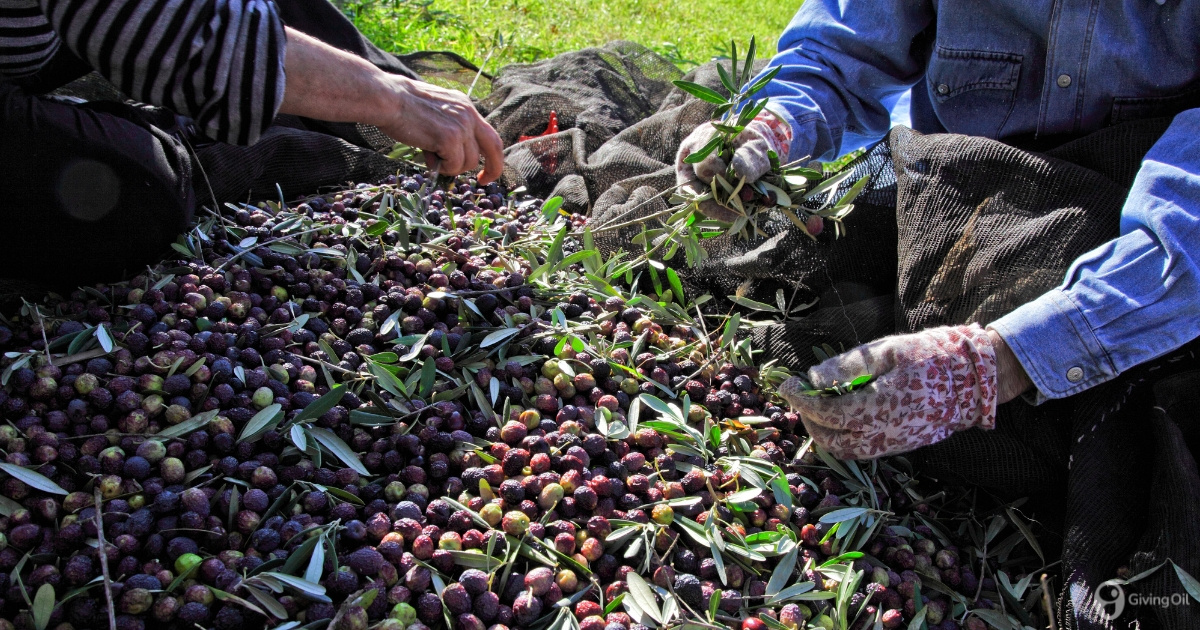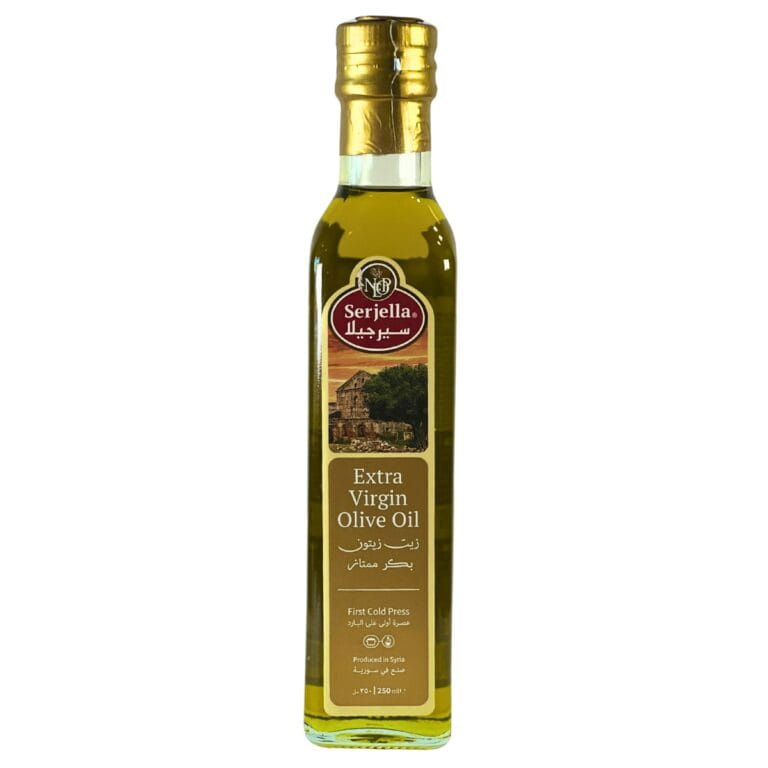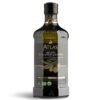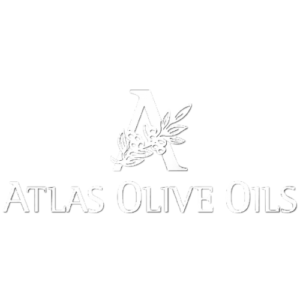How the harvesting method affects the chemical profile of Olive Oil
The quality of the olive oil we consume is deeply influenced by various factors, with the method of harvesting olives being one of the most crucial. This process not only affects the flavor and aroma of the oil but also its chemical composition and, therefore, its health benefits. Below, we will explore how different harvesting techniques impact the chemical profile of olive oil and what implications they have for consumers, especially in the United Arab Emirates (UAE).
Olive harvesting methods
There are two main methods of olive harvesting:
- Manual Harvesting (Hand Picking): This traditional method involves picking olives directly from the tree by hand, ensuring that the fruit suffers minimal damage.
- Mechanical Harvesting (Shaking and Vibrating): This method uses specialized machinery to detach the olives from the tree, such as vibrators that shake the branches or trunk. While it is more efficient in terms of time and labor, it can cause damage to the fruit.
Impact on the chemical profile of olive oil
The harvesting method significantly influences the chemical composition of olive oil:
- Polyphenol Content: Polyphenols are antioxidant compounds that contribute to the bitterness and pungency of the oil while offering health benefits. Manual harvesting minimizes fruit damage, preserving a higher polyphenol content. In contrast, mechanical harvesting can bruise the olives, accelerating oxidation and reducing these compounds.
- Acidity and Peroxide Levels: The integrity of the fruit is crucial to maintaining low acidity and peroxide levels in the oil. Olives damaged during mechanical harvesting are more prone to fermentation and oxidation, raising these parameters and negatively affecting oil quality.
- Volatile Compounds: These compounds are responsible for the aroma of olive oil. Manual harvesting better preserves the cellular structure of the olive, maintaining a higher quantity of volatile compounds and, therefore, a fresher, fruitier aroma.
Cultural and market considerations in the UAE
In the United Arab Emirates, olive oil is highly valued both for its culinary qualities and health benefits. The growing demand has led to increased imports and even local production of extra virgin olive oil. For example, in Ras Al Khaimah, olive trees imported from Spain and other Mediterranean regions have been cultivated, highlighting the importance of quality in local production (source).
Consumers in the UAE appreciate purity and authenticity in food products. Therefore, it is essential that the olive oils available in the local market, such as those we offer at our online store Giving Oil, are of the highest quality.
Giving Oil
At Giving Oil, we take pride in offering an exclusive selection of high-quality olive oils, obtained through harvesting methods that preserve their natural properties. We invite you to explore our online store and discover the benefits of incorporating these premium oils into your daily diet. Click here to learn more and place your order.


































Add comment